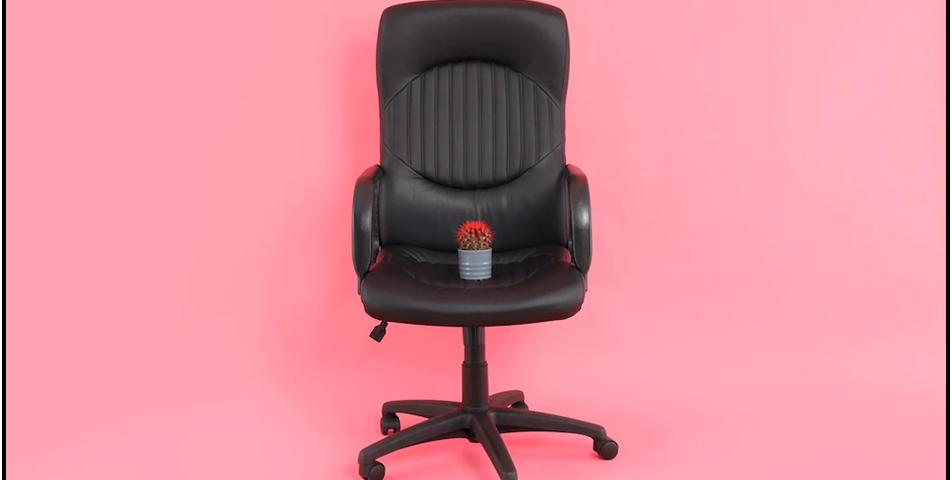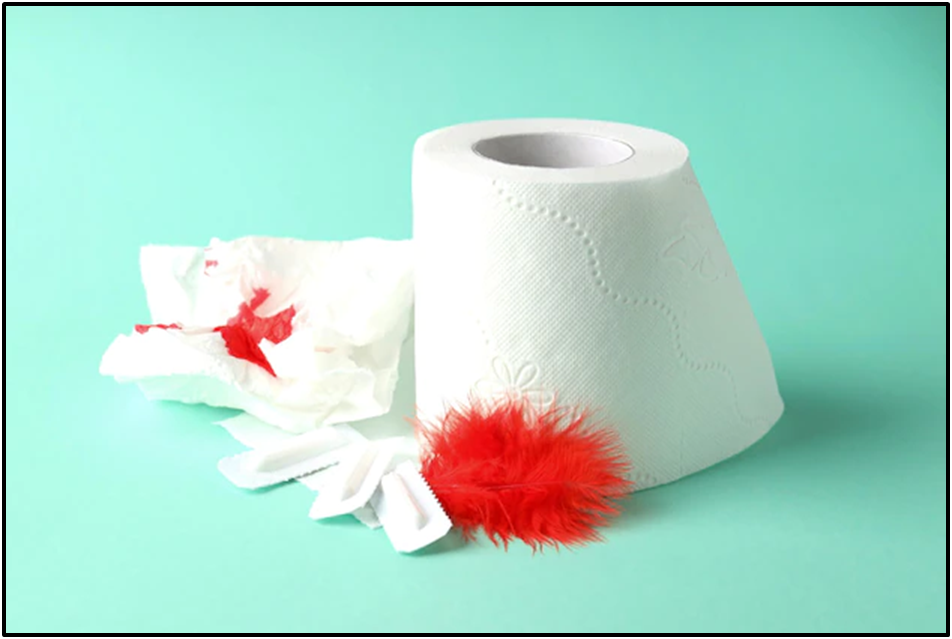How is an anal fissure treated?

Important Tips for Reducing Recovery Time After Piles Surgery
December 20, 2022
Anal Fissure Diagnosis and Treatment
December 20, 2022Anal canal stretching and anus lining tears can both result from trauma or injury. Anal fissures, also known as these tears, are typically caused by passing large or difficult stools. They may result in bleeding and discomfort both during and after bowel movements.
How to identify anal fissures:
These symptoms can be mistaken for those of other conditions, such as haemorrhoids.
It’s crucial that you discuss these issues with your doctor even if you don’t feel comfortable doing so.
They can then rule out more severe conditions in this manner.
What to Say to Your Doctor:
Most of the time, simply describing your symptoms to your doctor will be enough to enable them to detect an anal fissure. Tell them the following:
● When there is discomfort, burning, or itching
● How much discomfort do you have?
● How long do the discomfort and pain typically last
● What kind of bleeding have you witnessed?
● What, if anything, helps your symptoms get better?
Anal Fissure Treatment in Amritsar will inquire about your diet, bowel habits, and the existence of any additional illnesses or intestinal issues.
Anal Fissure Treatment in Amritsar
Even though your doctor can typically identify an anal fissure from the symptoms you describe, a physical exam is still the most effective way to determine whether you have one. Your doctor might check for fissures there.
An anoscopy or rectal examination is probably not necessary. However, they are occasionally required.
Anal Fissure Treatment
Treatment aims to heal the torn lining and relieve pain and discomfort.
The majority of acute anal fissures, or those that don’t last longer than six weeks, heal on their own with self-care.
Chronic anal fissures that persist for more than six weeks might benefit from treatment with medication or surgery.
Self-Care
Change a few habits to help ease the strain on the anal canal if your fissures are due to constipation or diarrhoea. In most instances, these actions can aid in symptom relief and promote healing.
● Remain hydrated
Throughout the day, consume lots of liquids devoid of caffeine. Dehydration can result from consuming too much alcohol and caffeine.
● Consume food high in fiber
Your objective should be to consume 20 to 35 grammes of fiber per day in order to prevent constipation.
● Consider fiber supplements
Try fiber supplements if you find it difficult to consume enough fiber from food. They may help you become more regular and soften your stools.
Increase the dosage of any fiber supplements you take gradually until you reach the advised dose to prevent gas and cramping.
Conclusion:
Typically, this surgery causes only slight pain. Compared to the fissure itself, it hurts less. Following the procedure, there may be a brief inability to control gas, a slight faecal leak, or an infection. However, complete fissure healing typically occurs 8 weeks after surgery.


